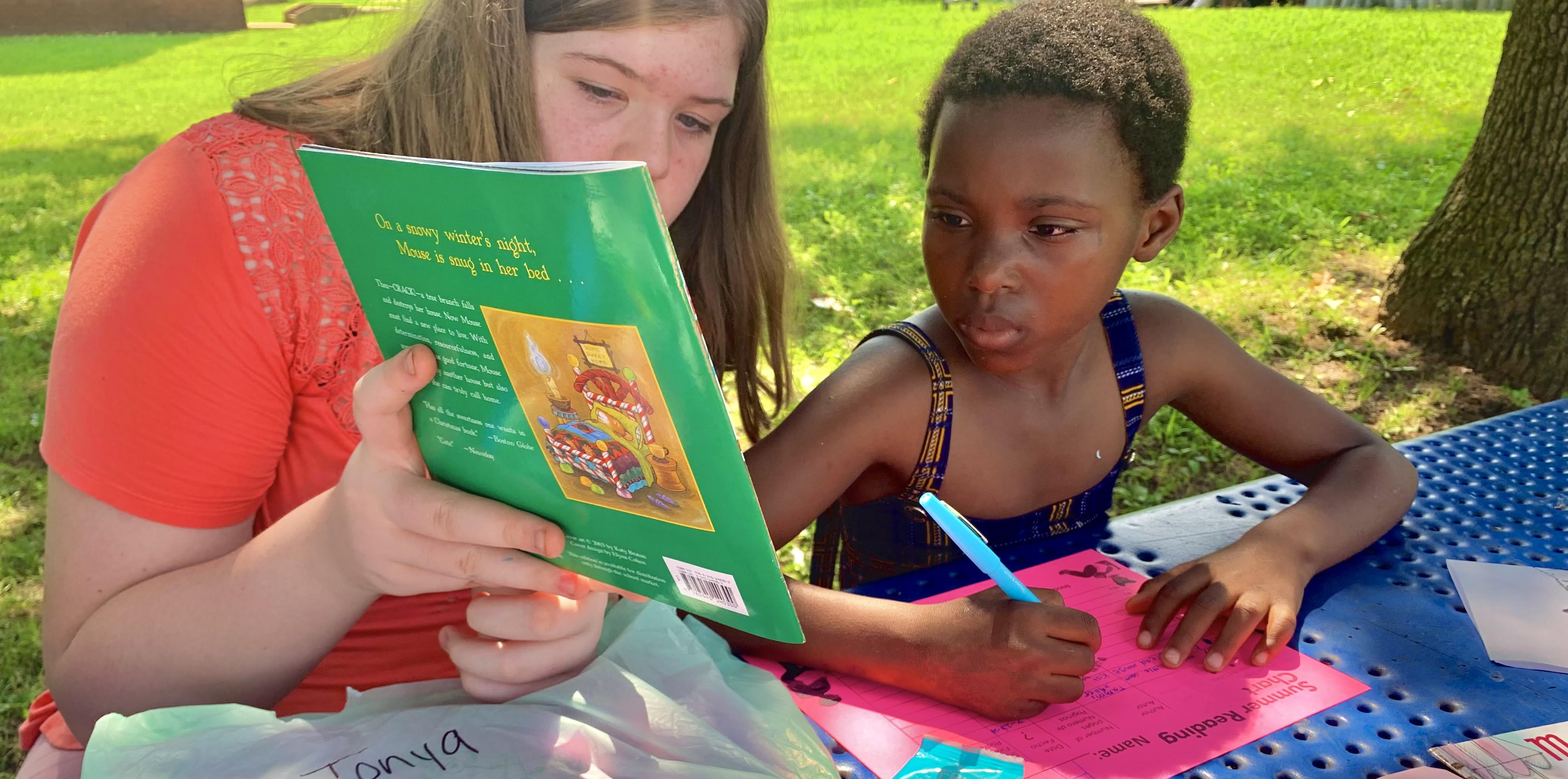Who’s Eligible
501c3 nonprofit organizations, schools and government entities are eligible to apply. Other community organizations may be considered on a case-by-case basis.
Applicant organizations must be based in, or provide direct services in, one of the counties served by our 29 affiliate offices
Who’s NOT Eligible
Each request is considered on its own merit. However, the following types of requests generally are not considered:
- Projects that address sectarian religious purposes
- Projects that are political in nature or have a political bias
- Scholarships or fellowships for formal education at any level
- General operating support outside the specific project or proposal
- Support for organizations that do not qualify for tax-exempt status
What We’re Looking For
Grant proposals should support early literacy for Arkansans by addressing one or more focus areas below:
1.Parent and Community Engagement – Parents and caregivers are a child’s first teachers and most important advocates. Research tells us that schools with strong engagement from parents and caregivers exhibit better academic performance and higher school attendance.
2.Early Childhood/School Readiness – In Arkansas, only about half of kindergarten students are considered ready for school when they arrive in the classroom, which makes them less likely to read on grade level by the end of third grade. Supports for youth and families ages 0-5 such as home visiting, Pre-K programs, and other efforts to strengthen early learning, boost brain development and improve children’s literacy skills, pay major dividends down the road.
3.Classroom Instruction – A child spends six to seven hours each day in the classroom during the academic year. The skills a teacher brings to the classroom are based on a range of factors that include teacher preparation programs, ongoing professional development, coaching and support from school administrators, and years of experience. Elementary teachers must have deep knowledge of evidence-based strategies for teaching reading, as well as the skills and supplies to implement them so they can prepare students to read on grade level.
4.Attendance – When children attend school regularly in the early grades, they are more likely to read proficiently by the end of third grade and less prone to dropping out of high school. In Arkansas, more than one in 10 students in kindergartners through third grade are chronically absent, which is defined as missing ten percent of the school year. In Arkansas, that equals 18 days of school, or just two days a month.
5.Summer learning Loss – For some children, summer vacation means camp, family trips and visits to museums, parks, and libraries. Other children may find that when schools close, healthy meals and engaging learning activities are out of reach. Many kids, particularly children from low-income backgrounds, lose as much as two to three months of reading skills each summer. Known as the “summer slide,” that learning loss can add up, leaving some children 2.5 to three years behind their peers by fifth grade.
6.Whole-child supports – There are many family and community factors that influence a child’s ability to learn and grow to achieve their full potential. When communities fully support and meet the needs of youth and families, children are better able to engage in their education.

